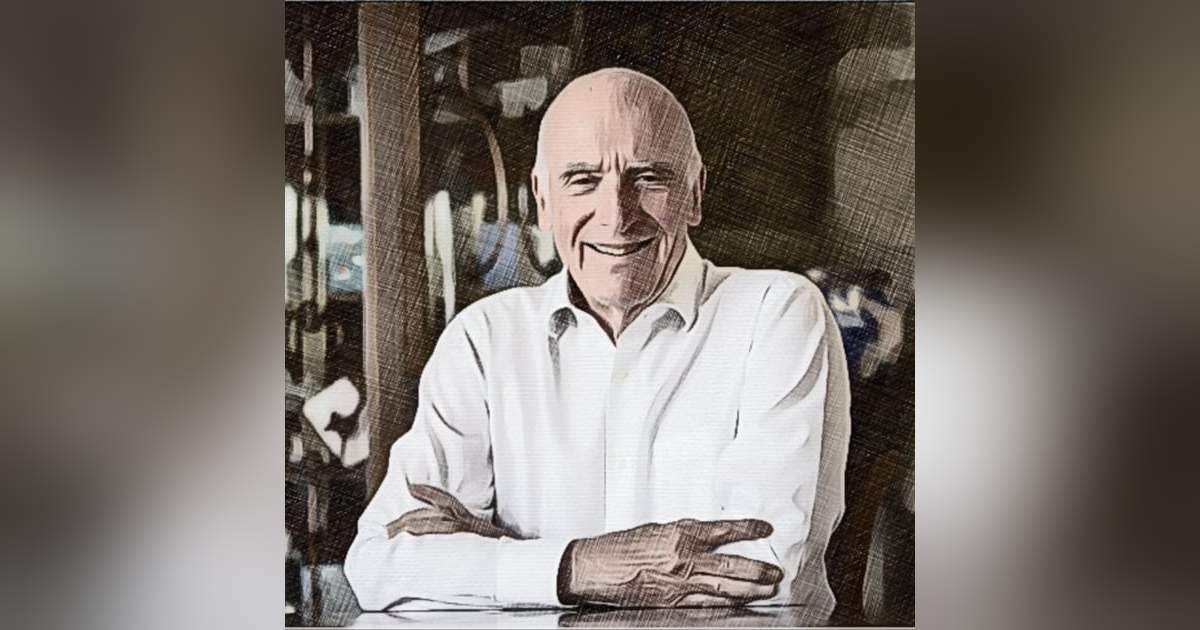#48: Burnout: Identification, predispositions and solutions. With Professor Gordon Parker

Thanks to Heska Australia for supporting this very important series of episodes on mental health, resilience, and burnout prevention. Go to https://www.heska.com.au to find out about ways to re-imagine the way you run your in house labs and digital radiography.
Professor Gordon Parker AO is Scientia Professor of Psychiatry at the University of NSW. He is, amongst other things, founder of the Black Dog Institute, and Director of the Division of Psychiatry at Prince of Wales and Prince Henry Hospitals. In 2004 he received a Citation Laureate as the Australian Scientist most highly cited in Psychiatry/Psychology, and in 2018 he was a finalist for NSW Senior Australian of the Year. Oh, and that little AO that I read after his name is short for 'Order of Australia', which is awarded for distinguished service of a high degree to Australia or humanity at large. He has published 20 books and over 1000 scientific papers, with his most recent book publication 'Burnout - A Guide to Identifying Burnout and Pathways to Recovery'. This book encapsulates groundbreaking new research and clarifies what exactly burnout is, what it isn’t, what the risk factors are, how to spot it, prevent it, and fix it.
And these are exactly the topics that we cover in this conversation with Prof Parker. We’re well aware that our profession is one of the highest risk professions for burnout, so arming ourselves with a better understanding of this nemesis is critical.
Burnout: A guide to identifying burnout and pathways to recovery: https://www.allenandunwin.com/browse/books/general-books/health-fitness/Burnout-Gordon-Parker-Gabriela-Tavella-and-Kerrie-Eyers-9781760878061
Go to https://thevetvault.com/podcasts/ for the show notes and to check out our guests’ favourite books, podcasts and everything else we talk about in the show.
If you want to lift your clinical game, go to https://vvn.supercast.tech for a free 2-week trial of our short and sharp high-value clinical podcasts.
We love to hear from you. If you have a question for us or you’d like to give us some feedback please leave us a voice message by going to our episode page on the anchor app (https://anchor.fm) and hitting the record button, via email at thevetvaultpodcast@gmail.com, or just catch up with us on Instagram. (https://www.instagram.com/thevetvault/)
And if you like what you heard then please share the love by clicking on the share button wherever you’re listening and sending a link to someone who you know will enjoy listening.






